In our fast-paced world, mental serenity seems like a distant dream for many. We’re constantly bombarded with notifications, responsibilities, and the pressures of daily life, leaving little room for peace and relaxation. However, the practice of self-care has emerged as a beacon of hope, offering pathways to reclaim our mental space and nurture our well-being. This guide dives deep into 8 self-care acts that promise to lead you towards a state of mental serenity, blending practical advice with insightful exploration into the essence of self-care.

Understanding Self-Care: More Than Just a Buzzword
In recent years, self-care has transformed from a niche concept into a mainstream movement. But what is self-care, exactly? At its core, self-care is about taking intentional actions to care for your physical, mental, and emotional health. It’s a personal journey that looks different for everyone, tailored to individual needs, preferences, and lifestyles. This guide aims to demystify self-care, moving beyond surface-level treatments to explore deep, meaningful practices that contribute to mental serenity.
The Importance of Self-Care for Mental Serenity
The quest for mental serenity is more than just a desire for calm; it’s about building resilience, enhancing our capacity to cope with stress, and improving our overall quality of life. By integrating self-care into our daily routines, we can fortify our mental health, foster emotional equilibrium, and create a life filled with more joy and less stress.
How This Guide Will Help You
Whether you’re new to self-care or looking to deepen your practice, this guide is designed to provide you with comprehensive insights and actionable strategies. By focusing on 8 key self-care acts, we’ll explore how each one contributes to mental serenity, offering tips, tools, and techniques to help you incorporate these practices into your life.
The Foundation of Self-Care
Before we delve into the specific acts of self-care, it’s crucial to understand its foundation. Self-care is built upon the recognition of our own worth and the deliberate choice to nurture our well-being. It encompasses a broad spectrum of activities and practices that, together, form the pillars of mental serenity.
What is Self-Care?
Self-care is the practice of taking an active role in protecting one’s own well-being and happiness, particularly during periods of stress. It involves consciously doing things that improve your health and happiness, encompassing everything from physical activities to mental health practices.
Definition and Misconceptions
Self-care is often misunderstood as indulgence or selfishness. However, it’s far from being either. True self-care is a responsible and necessary practice that ensures we are in a healthy state mentally, physically, and emotionally, enabling us to better care for others and meet the demands of our lives.
Self-Care vs. Self-Indulgence: Finding the Balance
The key difference between self-care and self-indulgence lies in the outcome. Self-care practices have long-term benefits for our health and well-being, while self-indulgence might bring temporary pleasure but could be detrimental in the long run. Balancing self-care involves making choices that support overall well-being, even if they require effort or discipline.
The Pillars of Mental Serenity
To achieve mental serenity, our self-care practices must rest on three main pillars: physical well-being, emotional resilience, and social connections. Each of these pillars supports and enhances the others, creating a comprehensive approach to self-care.
Physical Well-Being and Mental Health
Our physical health significantly impacts our mental serenity. Regular physical activity, a nutritious diet, and sufficient rest are foundational self-care practices that improve mood, reduce stress, and enhance cognitive function.
Emotional Self-Regulation and Resilience
Developing the skills to manage our emotions and bounce back from adversity is crucial for mental serenity. Practices like mindfulness, meditation, and journaling can help us understand and regulate our emotions more effectively.
Social Connections: The Role of Relationships in Self-Care
Humans are inherently social creatures, and our relationships play a critical role in our mental health. Nurturing positive relationships and seeking support when needed can bolster our emotional well-being and resilience.

The 8 Self-Care Acts for Mental Serenity
Embarking on the journey of self-care requires understanding the various practices that contribute to mental serenity. Each of the following acts is a cornerstone in building a life of peace, resilience, and happiness. Let’s explore them in depth.
Mindfulness and Meditation
The Basics of Mindfulness
Mindfulness is the practice of being fully present and engaged in the moment, aware of our thoughts and feelings without judgment. It allows us to observe our thoughts and emotions from a distance, understanding them without being overwhelmed. Research has shown that mindfulness can significantly reduce stress and anxiety, improve attention and concentration, and enhance overall mental well-being.
- How Mindfulness Fosters Mental Serenity: By regularly practicing mindfulness, you can cultivate a state of calm and clarity in the face of life’s challenges. It teaches you to respond to situations with awareness and compassion, rather than reacting impulsively.
- Simple Mindfulness Exercises for Beginners: Start with daily practices like mindful breathing, where you focus solely on your breath, or mindful eating, where you savor each bite attentively. These exercises can serve as a foundation for a more mindful approach to life.
Meditation Techniques for Everyone
Meditation is a practice where an individual uses a technique – such as mindfulness, or focusing the mind on a particular object, thought, or activity – to train attention and awareness, and achieve a mentally clear and emotionally calm and stable state.
- Guided Meditation vs. Silent Meditation: Guided meditation involves following a meditation guide or listening to a recording, while silent meditation is practicing meditation in quiet, using personal techniques. Both methods offer pathways to peace and mental clarity, and you can choose based on your preference and experience level.
- Integrating Meditation into Your Daily Routine: Dedicate a specific time and place for your meditation practice to establish a routine. Even just 5-10 minutes a day can make a significant difference in your mental serenity.

Physical Activity as Self-Care
The Link Between Physical Health and Mental Well-Being
Regular physical activity is not only crucial for your physical health but also plays a significant role in your mental well-being. Exercise releases endorphins, known as “feel-good” hormones, which act as natural stress relievers and mood lifters.
- Types of Physical Activities for Mental Serenity: Activities like walking, yoga, cycling, or swimming can be incredibly beneficial. Choose activities that you enjoy and can stick with long-term.
- Creating a Sustainable Exercise Routine: Incorporate physical activity into your daily life in ways that feel manageable and enjoyable. Setting realistic goals and gradually increasing the intensity of your workouts can help maintain motivation.

Nurturing Social Connections
The Importance of Social Support
Building and maintaining social connections are vital for our mental health. Relationships provide emotional support, reduce feelings of loneliness, and can even help us cope with stress more effectively.
- Building and Maintaining Healthy Relationships: Focus on cultivating positive relationships that enrich your life. Be proactive in reaching out and spending quality time with friends and family.
- Setting Boundaries for Better Mental Health: It’s also essential to set boundaries in relationships to protect your mental health. Communicate your needs clearly and respectfully, and don’t be afraid to say no when necessary.

Healthy Eating Habits
Nutrition and Mental Health
The connection between what we eat and how we feel is more significant than many realize. Healthy eating habits can profoundly impact our mental health, influencing mood, energy levels, and overall well-being.
- Foods That Boost Mental Serenity: Incorporate foods rich in omega-3 fatty acids (like salmon and flaxseeds), antioxidants (found in berries and leafy greens), and vitamins (such as avocados for vitamin E and whole grains for B vitamins). These nutrients can help regulate mood and improve brain function.
- Tips for Mindful Eating: Mindful eating involves paying full attention to the experience of eating and drinking, both inside and outside the body. Notice the colors, smells, textures, and flavors of your food, and listen to your body’s hunger and fullness signals. This practice can improve your relationship with food and help prevent overeating.
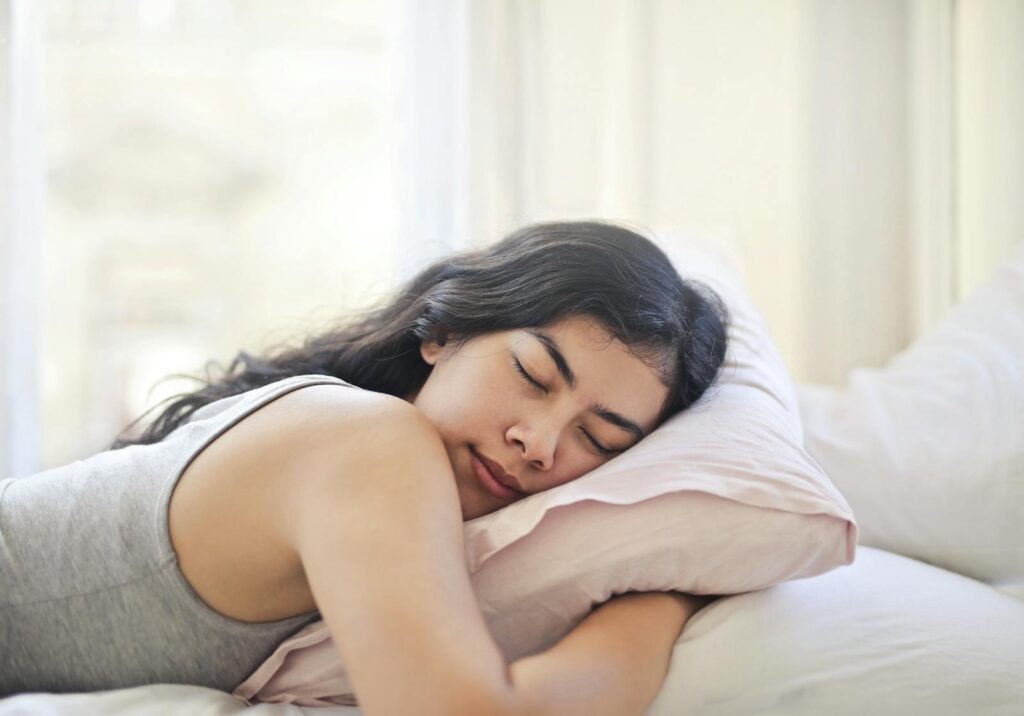
Quality Sleep: The Foundation of Well-Being
The Impact of Sleep on Mental Health
Quality sleep is critical for mental health. It helps regulate the chemicals in our brain that transmit information, which is essential for managing our moods and emotions. Lack of sleep can exacerbate stress, anxiety, and depression.
- Strategies for Improving Sleep Quality: Establish a regular sleep schedule, create a restful sleeping environment (cool, dark, and quiet), limit screen time before bed, and avoid caffeine and heavy meals in the evening. These habits can significantly enhance the quality of your sleep.
- Dealing with Common Sleep Disturbances: If you’re struggling with sleep disturbances, consider relaxation techniques like deep breathing, meditation, or gentle yoga before bedtime. If problems persist, seeking advice from a healthcare professional is crucial.
Digital Detox for a Healthier Mind
The Effects of Screen Time on Mental Health
In our digital age, the constant barrage of notifications and the temptation to scroll endlessly can take a toll on our mental health. A digital detox, or a period of time during which a person refrains from using tech devices such as smartphones, TVs, and computers, can help reduce stress, improve sleep, and increase attention span.
- Practical Tips for Reducing Digital Consumption: Set specific times to check emails and social media, use apps to monitor and limit your screen time, and replace digital activities with more fulfilling offline hobbies.
- Benefits of Regular Digital Detoxes: Regularly disconnecting from digital devices can lead to better sleep, improved relationships, and increased productivity. It allows for more space and time for face-to-face interactions and activities that nourish the soul.
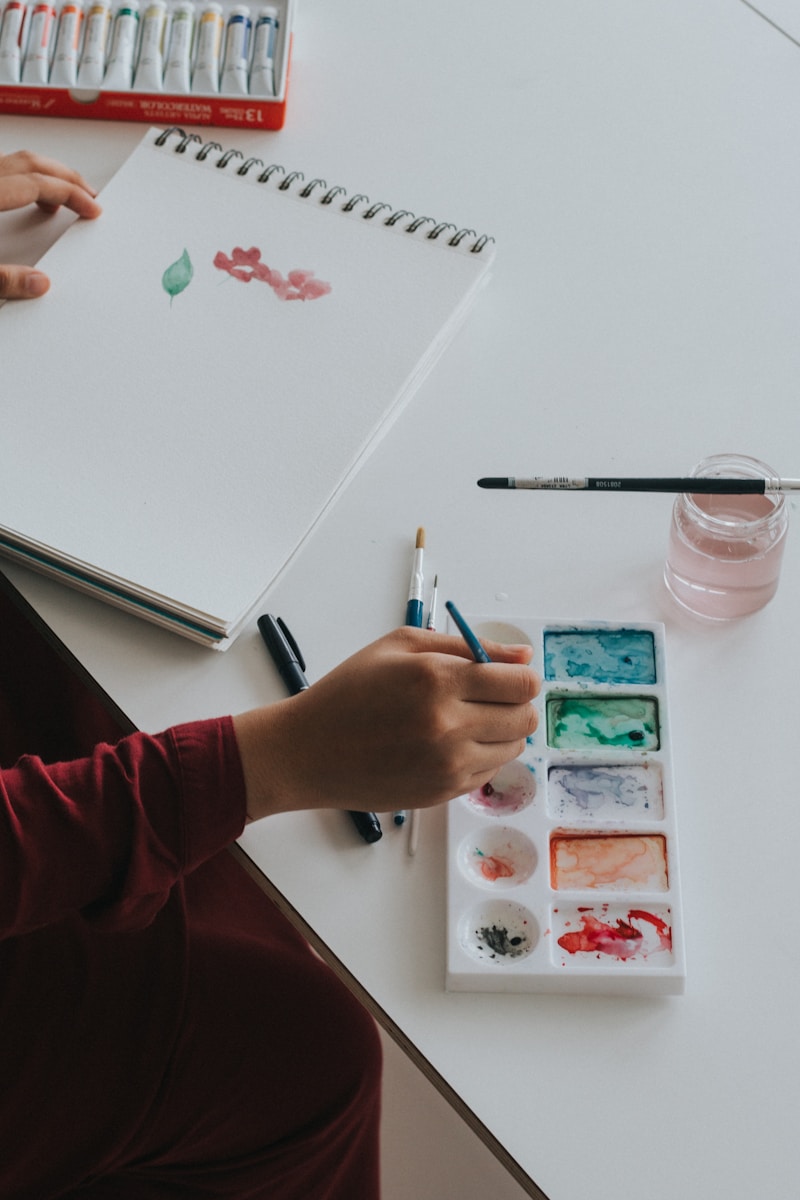
Creative Expression as a Form of Self-Care
The Therapeutic Power of Creativity
Engaging in creative activities can be a powerful form of self-care, providing an outlet for expressing feelings and reducing stress. Creativity stimulates the brain, leading to feelings of accomplishment and satisfaction.
- Different Avenues for Creative Expression: Whether it’s painting, writing, dancing, cooking, or gardening, find a creative outlet that feels right for you. The process of creating something can be just as beneficial as the end product.
- How Creativity Contributes to Mental Serenity: Creative expression allows for self-exploration and can be a meditative and therapeutic process. It helps distract from stressors, provides a sense of control, and boosts self-esteem.
Practicing Gratitude and Positive Thinking
Shifting Your Mindset
Adopting a mindset of gratitude and positive thinking can transform your outlook on life, enhancing mental serenity. Focusing on the positive aspects of life and being thankful for what you have can decrease stress and increase happiness.
- The Science Behind Gratitude and Positivity: Studies have shown that gratitude can improve sleep, reduce stress, and strengthen relationships. It shifts our focus from what we lack to what we have, promoting a sense of contentment.
- Daily Practices to Cultivate a Positive Outlook: Start or end your day by listing things you’re grateful for. Try to reframe negative thoughts into positive ones and practice kindness towards yourself and others. These small shifts can lead to significant changes in your mental health.
Implementing Self-Care into Your Daily Life
Making self-care a consistent part of your life is crucial for maintaining mental serenity. However, knowing where to start or how to sustain these practices can be challenging. Here are strategies to seamlessly integrate self-care into your daily routine and overcome common barriers.
Making Self-Care a Habit
The key to making self-care a habit lies in setting realistic goals and integrating practices into your daily life in a way that feels achievable and enjoyable. Start small by choosing one or two self-care acts to focus on, and gradually build from there.
Tips for Habit Formation:
- Set Clear, Achievable Goals: Begin with easily attainable goals, like meditating for 5 minutes a day or going for a 10-minute walk, and gradually increase the duration or intensity.
- Create a Routine: Incorporate self-care practices into your daily routine. For example, practice mindfulness during your morning coffee or write in a gratitude journal before bed.
- Use Reminders: Set reminders on your phone or place visual cues in your environment to prompt you to engage in self-care activities.
- Be Patient and Persistent: Forming new habits takes time. Be patient with yourself, and remember that small, consistent actions can lead to significant changes.
Tailoring Self-Care Practices to Fit Your Lifestyle
Self-care should not feel like a chore. It’s important to choose practices that resonate with you and fit into your lifestyle. This personalized approach ensures that self-care becomes a source of joy rather than another item on your to-do list.
- Finding What Works for You: Experiment with different self-care activities to discover what you enjoy and what has the most positive impact on your mental health. Consider your interests, schedule, and lifestyle when choosing practices.
- Adapting Practices as Needed: Be flexible and willing to adapt your self-care routine as your needs, circumstances, and interests change. What works for you now may not work in the future, and that’s okay.
Overcoming Common Barriers to Self-Care
It’s normal to face obstacles in your self-care journey, whether it’s lack of time, feelings of guilt, or difficulty establishing habits. Acknowledging and addressing these barriers is crucial for sustaining your practices.
- Lack of Time: Identify pockets of time in your day that can be dedicated to self-care. Remember, even a few minutes can make a difference.
- Feeling Selfish or Guilty: Remind yourself that self-care is a necessary part of maintaining your health and well-being. Caring for yourself enables you to show up more fully in your relationships and responsibilities.
- Difficulty Sticking to Habits: If you’re struggling to maintain self-care habits, revisit your goals to ensure they’re realistic. Seek support from friends, family, or online communities to keep you motivated and accountable.
The journey to mental serenity through self-care is deeply personal and constantly evolving. This comprehensive guide has explored 8 key self-care acts, each offering unique benefits and pathways to enhance your mental, physical, and emotional well-being. Remember, the most important step is to start—begin with practices that resonate with you, and allow yourself to explore, adapt, and grow in your self-care journey.
As you integrate these practices into your life, you’ll find that achieving mental serenity becomes more accessible and sustainable. Be kind and patient with yourself, celebrate your progress, and know that each act of self-care is a step towards a happier, healthier you.
Additional Resources
For further exploration and support on your self-care journey, consider the following resources:
- Books:
- “The Self-Care Prescription” by Robyn Gobin
- “The Art of Extreme Self-Care” by Cheryl Richardson
- Websites:
- Mindful.org for mindfulness and meditation resources
- Psychology Today for articles on mental health and self-care
- Apps and Tools:
- Headspace or Calm for guided meditations
- MyFitnessPal for tracking nutrition and exercise
- Professional Help: If you’re struggling with mental health issues, seeking help from a licensed therapist or counselor can be a valuable addition to your self-care routine.
Embrace the journey of self-care with an open heart and mind, and let it guide you toward a life filled with mental serenity and joy.


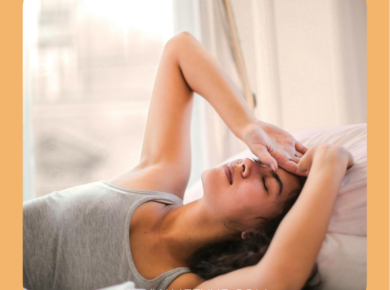
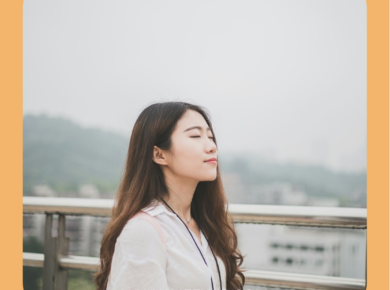

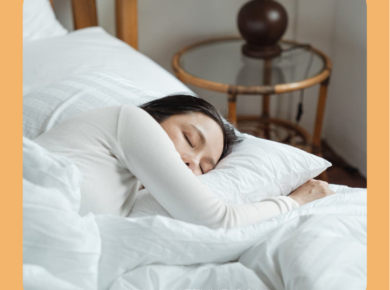
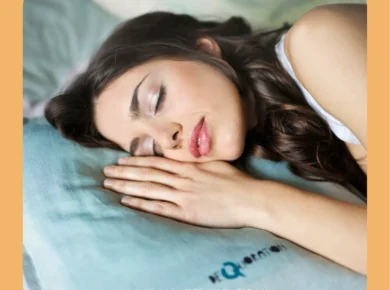
1 comment